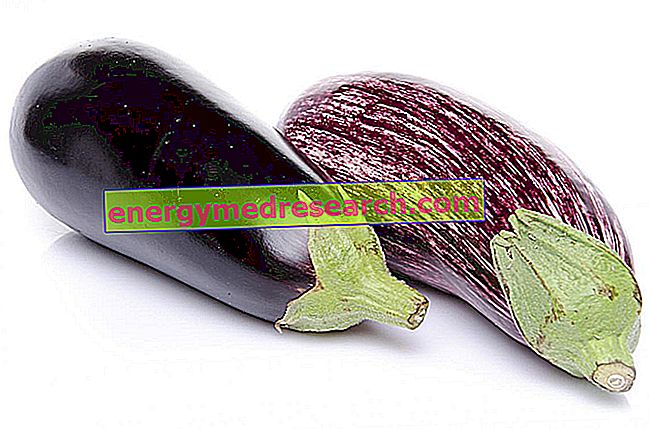
The aubergine is the fruit of a plant native to southern Asia where, first in the Dravidian language, then in Sanskrit and Pali, it was known as vatingana or vatigama .
In the 13th century, thanks to the Persian trade network, the eggplant reached North Africa; here it was known as badingan, a term later changed to the Arabic badinjan .
In the eastern Mediterranean, in Greek-Byzantine, from badinjan the aubergine was called melitzana . Also the Albanian noun is of Arabic derivation and corresponds to patrixhan or patellxhan .
In the eastern Slavic languages, such as Ukrainian and Russian, the eggplant is known as baklazhan, while in Turkish it is called patlican . In Hungarian it is padizsan, which comes from the Bulgarian Cyrillic, which in turn originates from the Ottoman Turkish language.
From North Africa, a century later, it was exported to the western Mediterranean and then to southern Europe (Spain and Italy).
The first pseudo-Italian nomenclature was Petonciana (from peto e- ciana ) but, being conceptually ambiguous (the aubergine does not cause flatulence), it was soon changed into melancholy (from apple - nciana ). Finally it became aubergine .
The name "petonciana" is still a subject of debate. This term could in fact reflect an initially incorrect method of consumption, since the aubergine is NOT edible from raw. Probably, in the case in which it is eaten naturally, the eggplant could give rise to a series of adverse symptoms related to poor digestion.
The aubergine was known in Catalonia with the term berenjena and in Portugal with the name of beringela . In official Spanish it is still known as alberginia, a noun probably derived from the French aubergine .
In India, in South Africa, in Malaysia, in Singapore, and in the west of India, the eggplant is called brinjal, instead derived from the Portuguese.
Some European eggplant cultivars (or varieties) dating back to the 18th century were yellow or white. The color and shape were therefore compared to goose eggs and, therefore, in England the aubergine acquired the name of eggplant (literally: egg plant).



